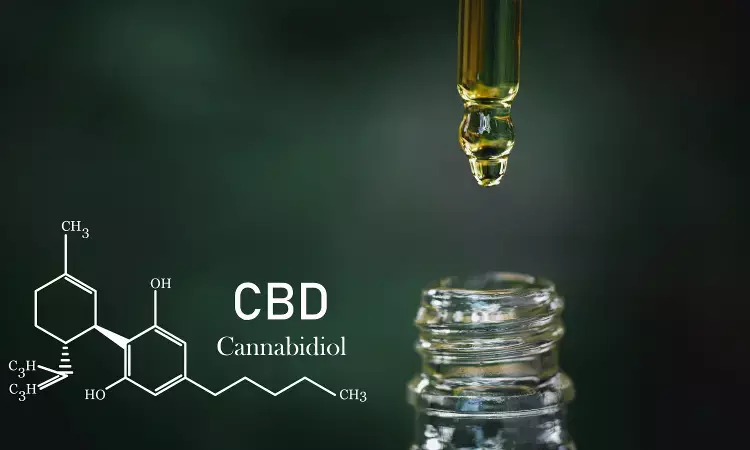- Home
- Medical news & Guidelines
- Anesthesiology
- Cardiology and CTVS
- Critical Care
- Dentistry
- Dermatology
- Diabetes and Endocrinology
- ENT
- Gastroenterology
- Medicine
- Nephrology
- Neurology
- Obstretics-Gynaecology
- Oncology
- Ophthalmology
- Orthopaedics
- Pediatrics-Neonatology
- Psychiatry
- Pulmonology
- Radiology
- Surgery
- Urology
- Laboratory Medicine
- Diet
- Nursing
- Paramedical
- Physiotherapy
- Health news
- Fact Check
- Bone Health Fact Check
- Brain Health Fact Check
- Cancer Related Fact Check
- Child Care Fact Check
- Dental and oral health fact check
- Diabetes and metabolic health fact check
- Diet and Nutrition Fact Check
- Eye and ENT Care Fact Check
- Fitness fact check
- Gut health fact check
- Heart health fact check
- Kidney health fact check
- Medical education fact check
- Men's health fact check
- Respiratory fact check
- Skin and hair care fact check
- Vaccine and Immunization fact check
- Women's health fact check
- AYUSH
- State News
- Andaman and Nicobar Islands
- Andhra Pradesh
- Arunachal Pradesh
- Assam
- Bihar
- Chandigarh
- Chattisgarh
- Dadra and Nagar Haveli
- Daman and Diu
- Delhi
- Goa
- Gujarat
- Haryana
- Himachal Pradesh
- Jammu & Kashmir
- Jharkhand
- Karnataka
- Kerala
- Ladakh
- Lakshadweep
- Madhya Pradesh
- Maharashtra
- Manipur
- Meghalaya
- Mizoram
- Nagaland
- Odisha
- Puducherry
- Punjab
- Rajasthan
- Sikkim
- Tamil Nadu
- Telangana
- Tripura
- Uttar Pradesh
- Uttrakhand
- West Bengal
- Medical Education
- Industry
Very high doses of CBD, a cannabis component, don't affect driving

Millions of consumers and patients around the world will be heartened by the results of the latest study on cannabis and driving. The University of Sydney-led research finds that 1500mg, the highest daily medicinal dose of cannabidiol (CBD), has no impact on people's driving or cognitive abilities.
CBD is a cannabis component widely used for medical as well as 'wellness' purposes, such as to induce sleep or boost energy. It is often consumed orally, in oil form.
Most countries, including Australia, allow people to drive while on CBD. In NSW, for example, it is legal provided a driver is not 'impaired' due to fatigue and/or lowered blood pressure. The present study shows, contraindications aside, that even at the highest medicinal dose of 1500mg, CBD does not cause impairment.
"Though CBD is generally considered 'non-intoxicating', its effects on safety-sensitive tasks are still being established," said lead author Dr Danielle McCartney, from the University's Lambert Initiative for Cannabinoid Therapeutics. "Our study is the first to confirm that, when consumed on its own, CBD is driver-safe."
Unlike THC, a cannabis component that can induce sedation, euphoria (a 'high') and impairment, CBD does not appear to intoxicate people. Instead, it has been reported to have calming and pain relief effects.
Peak concentrations of CBD in a person's blood plasma are usually attained within three to four hours after taking it orally, although individual responses vary.
CBD use is increasing in Western nations, with recent University of Sydney research showing that around 55,000 requests to access medicinal CBD have been approved in Australia since 2016. It is most commonly prescribed for pain, sleep disorders and anxiety.
For further reference log on to:
Dr Kamal Kant Kohli-MBBS, DTCD- a chest specialist with more than 30 years of practice and a flair for writing clinical articles, Dr Kamal Kant Kohli joined Medical Dialogues as a Chief Editor of Medical News. Besides writing articles, as an editor, he proofreads and verifies all the medical content published on Medical Dialogues including those coming from journals, studies,medical conferences,guidelines etc. Email: drkohli@medicaldialogues.in. Contact no. 011-43720751


